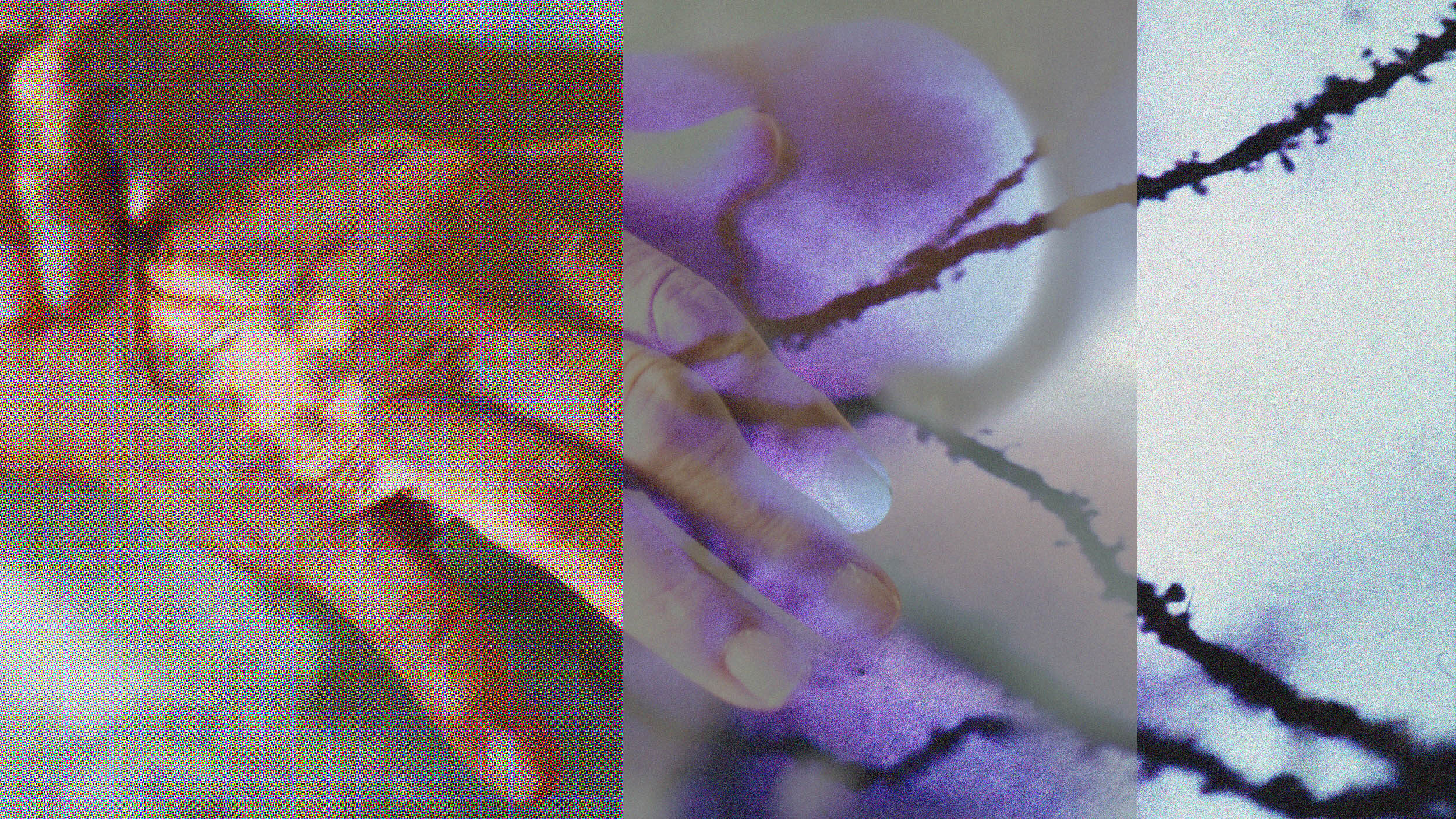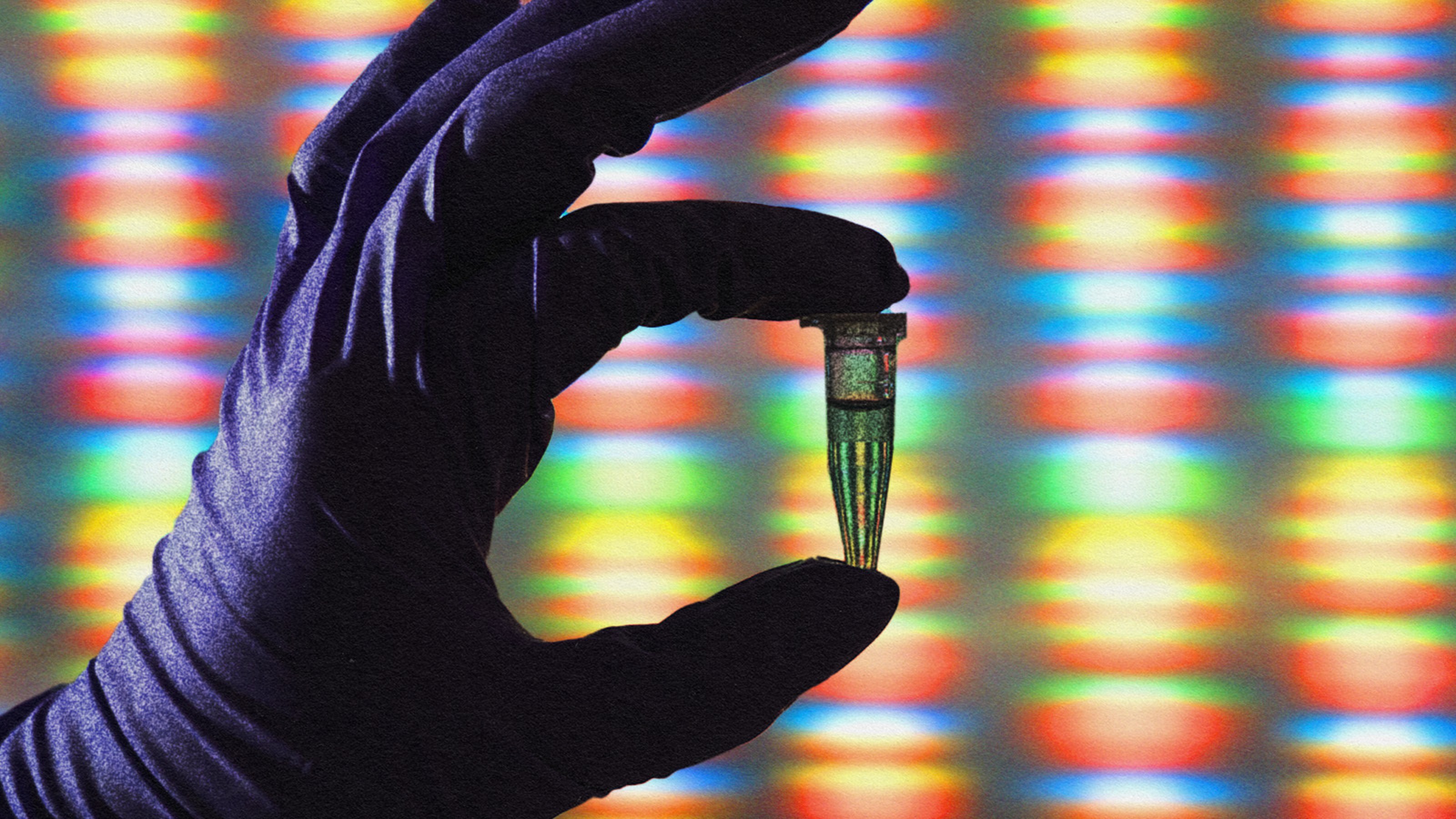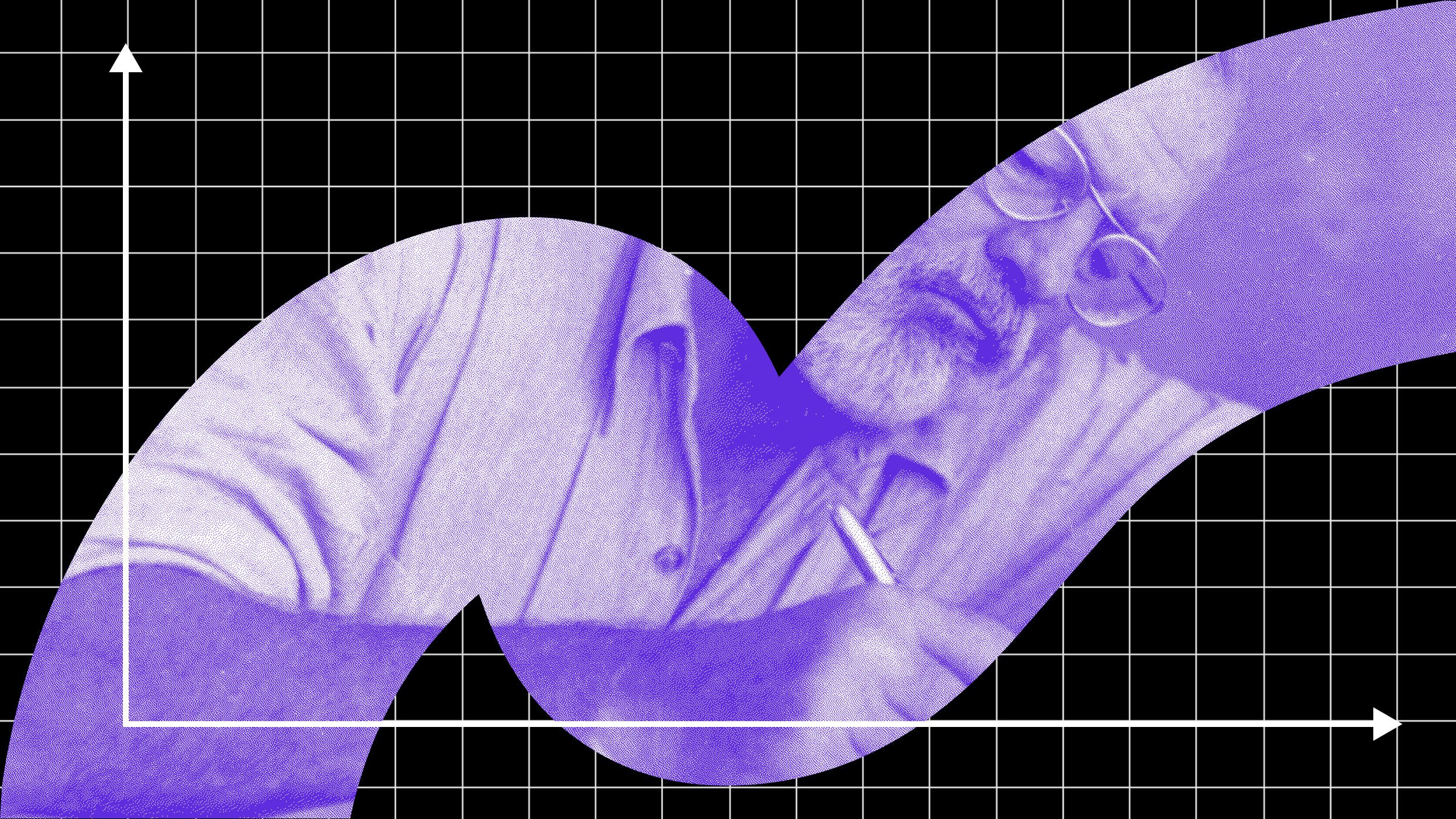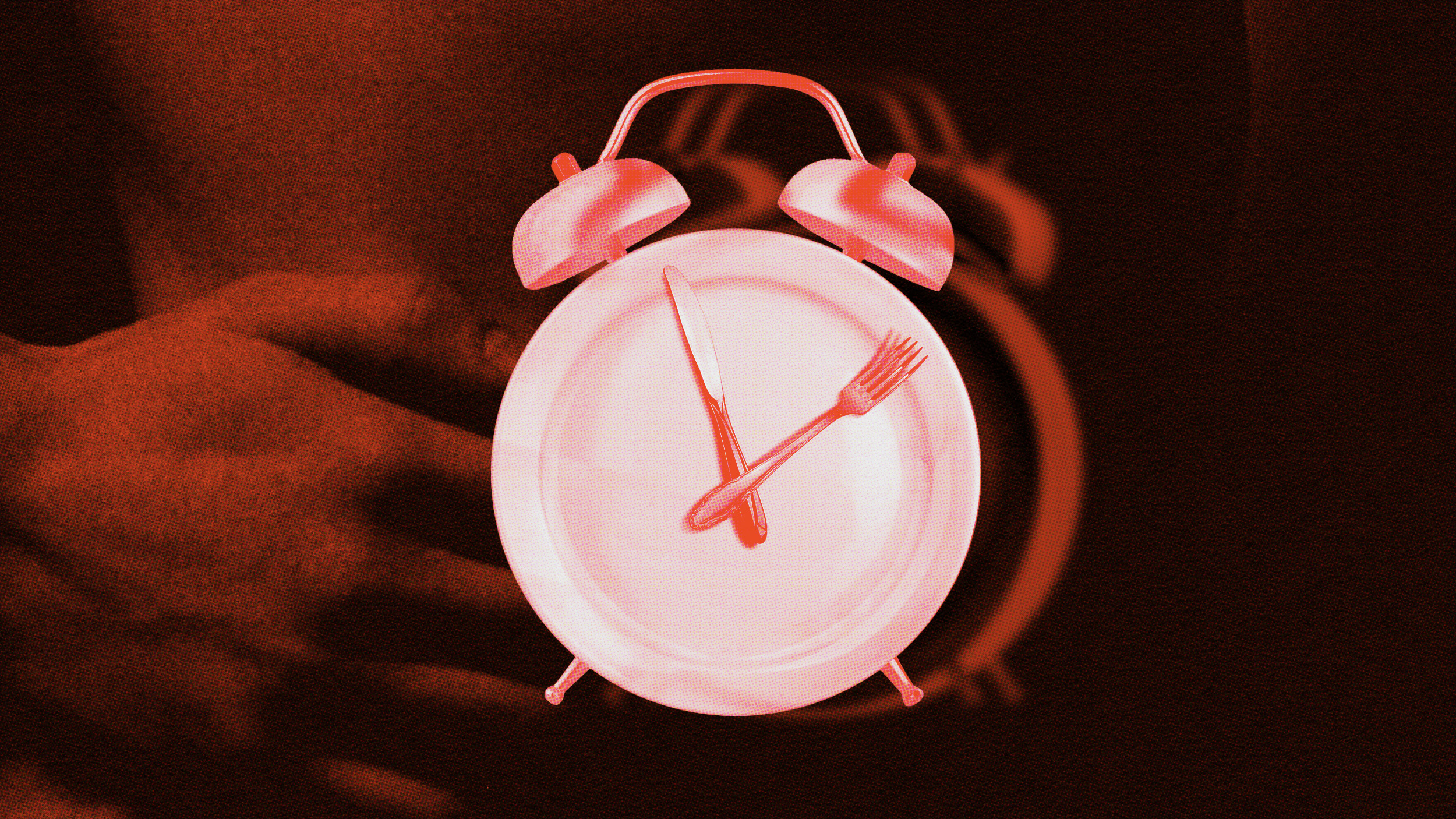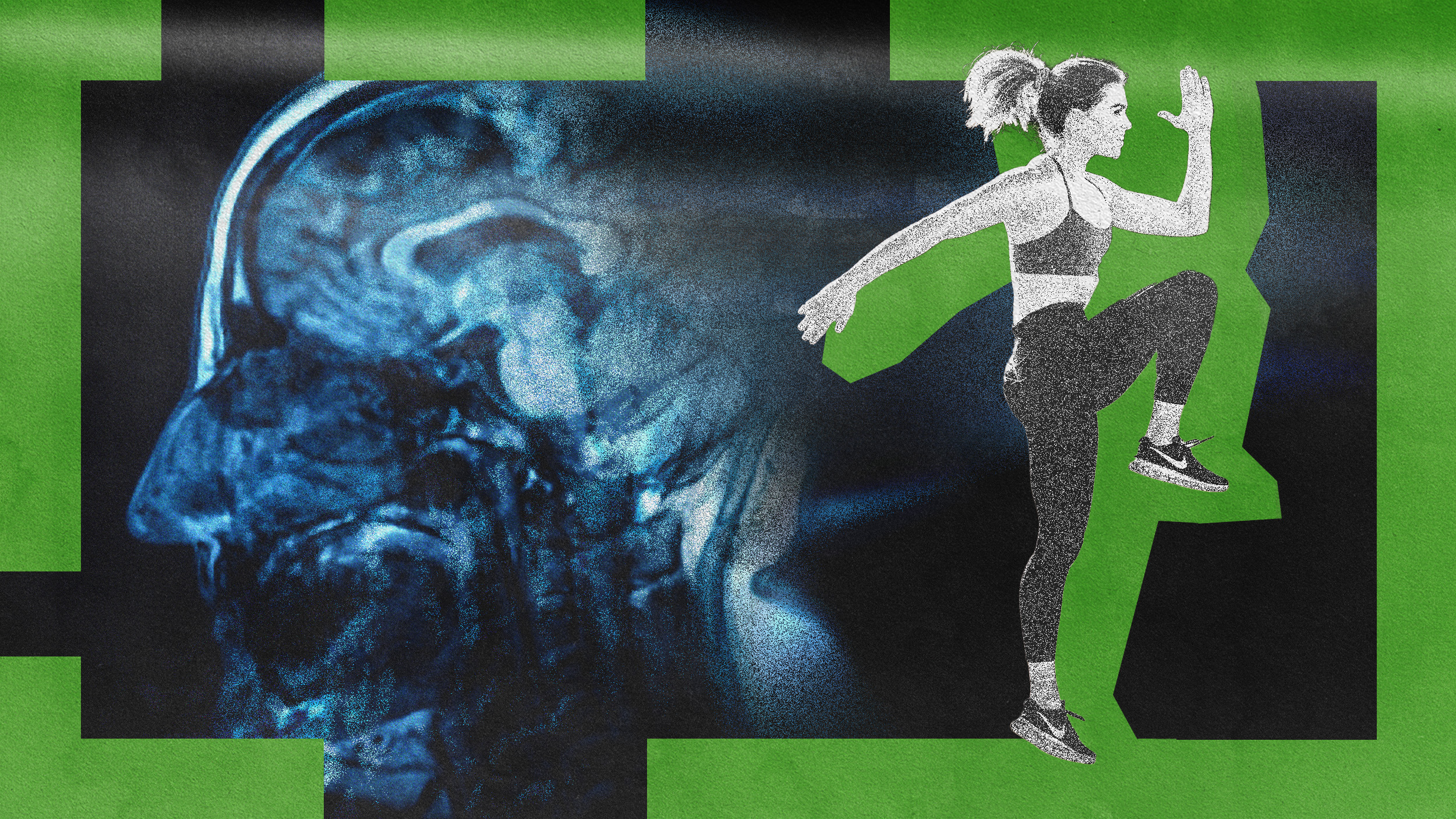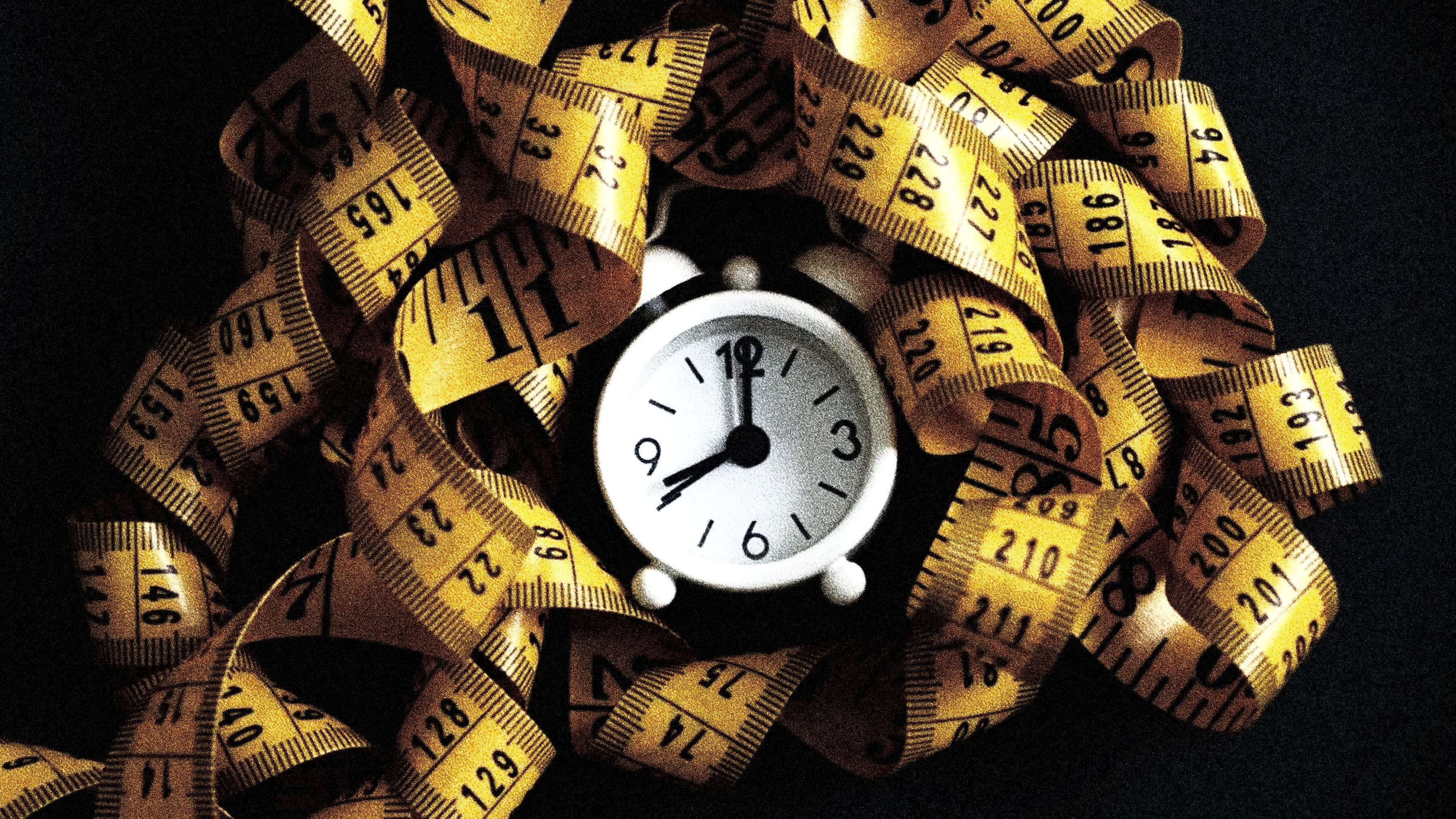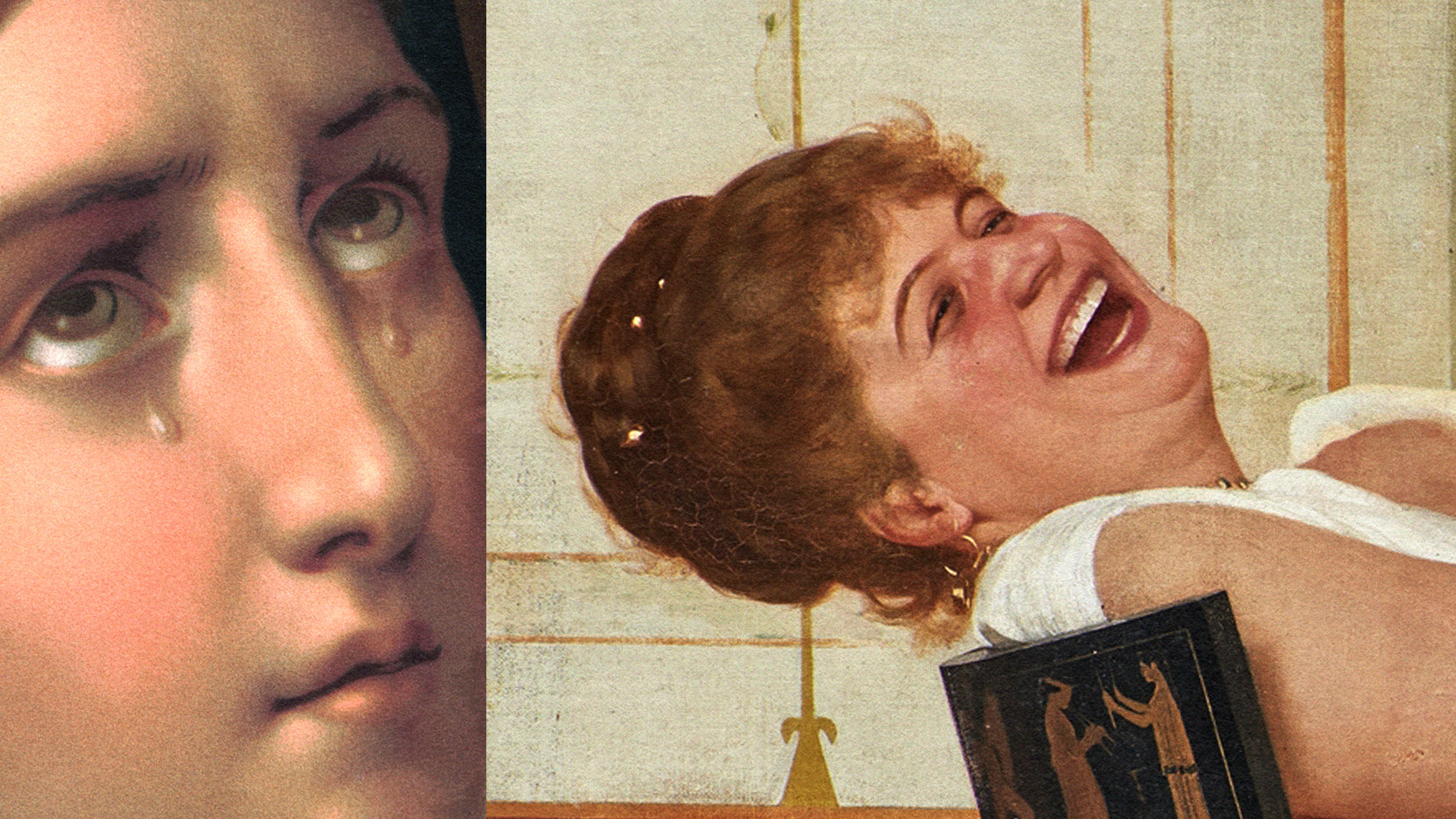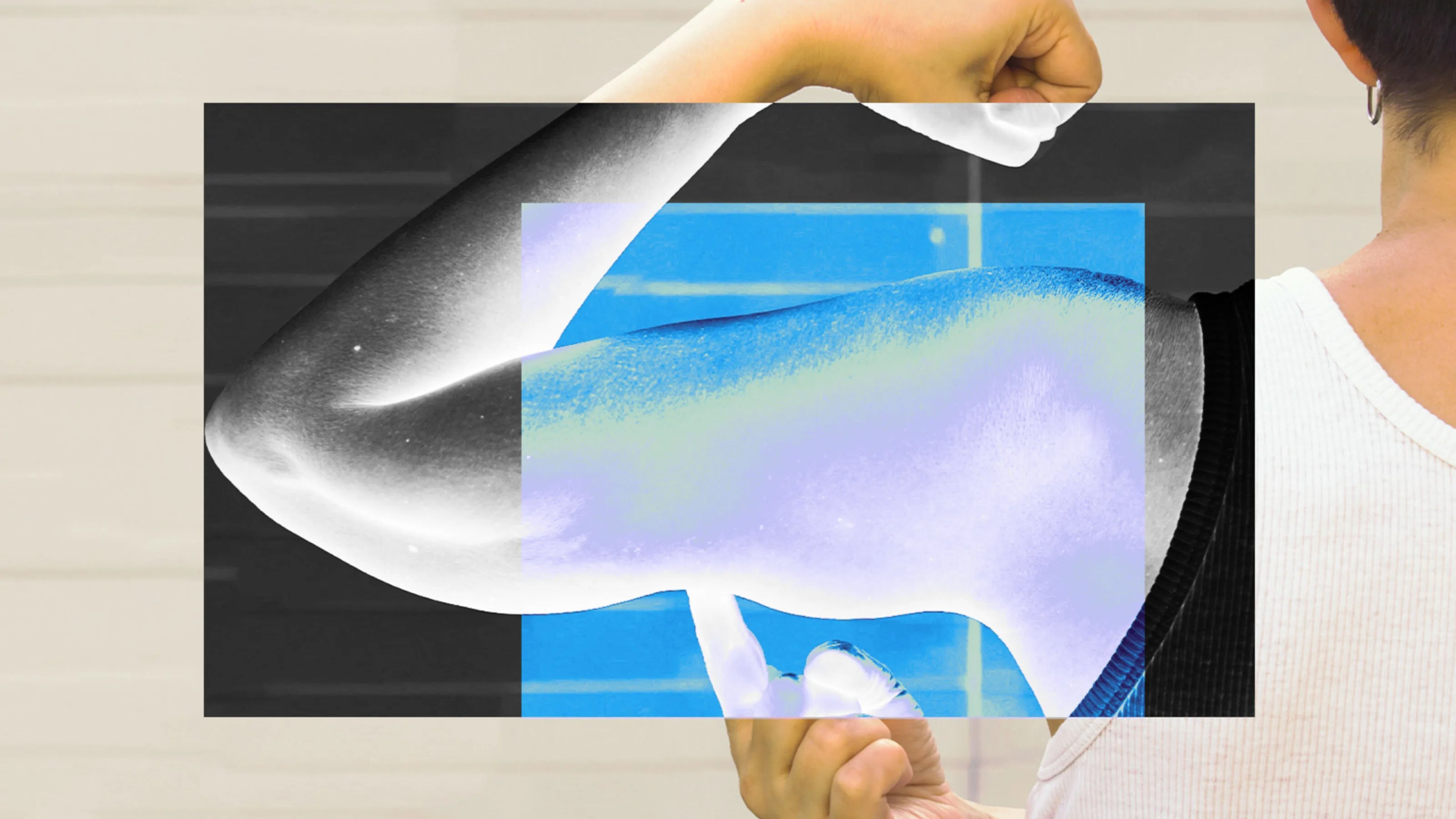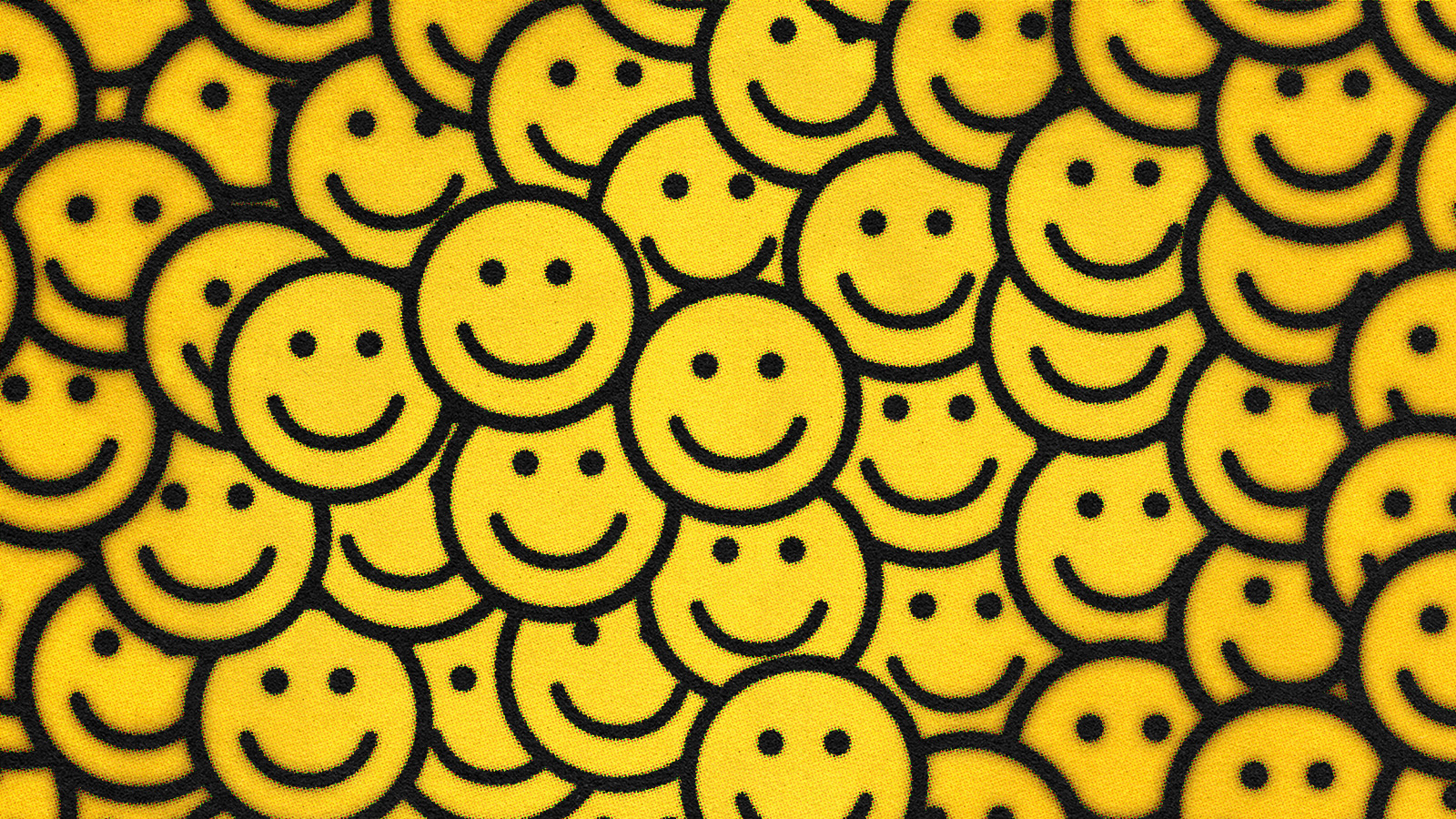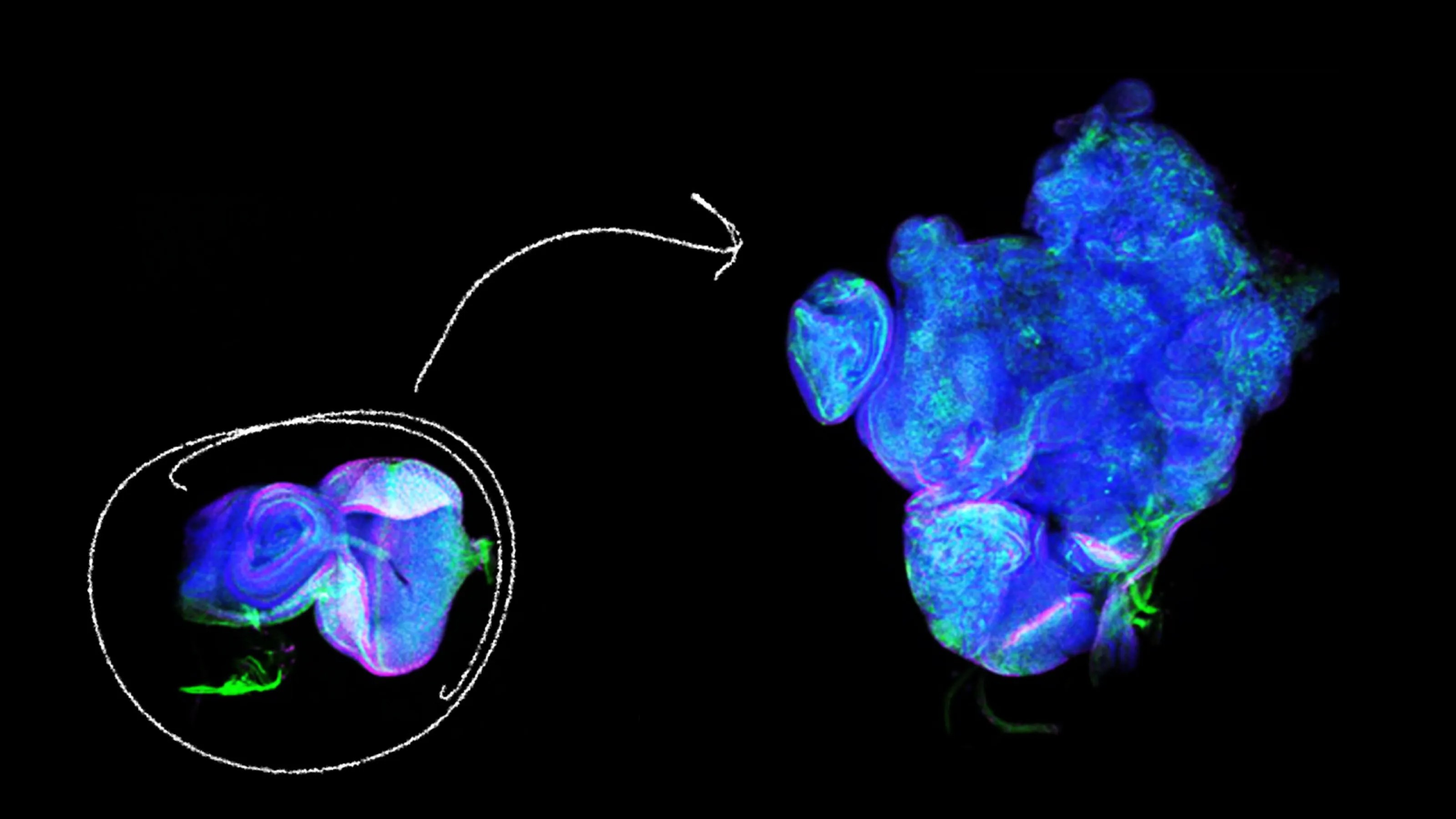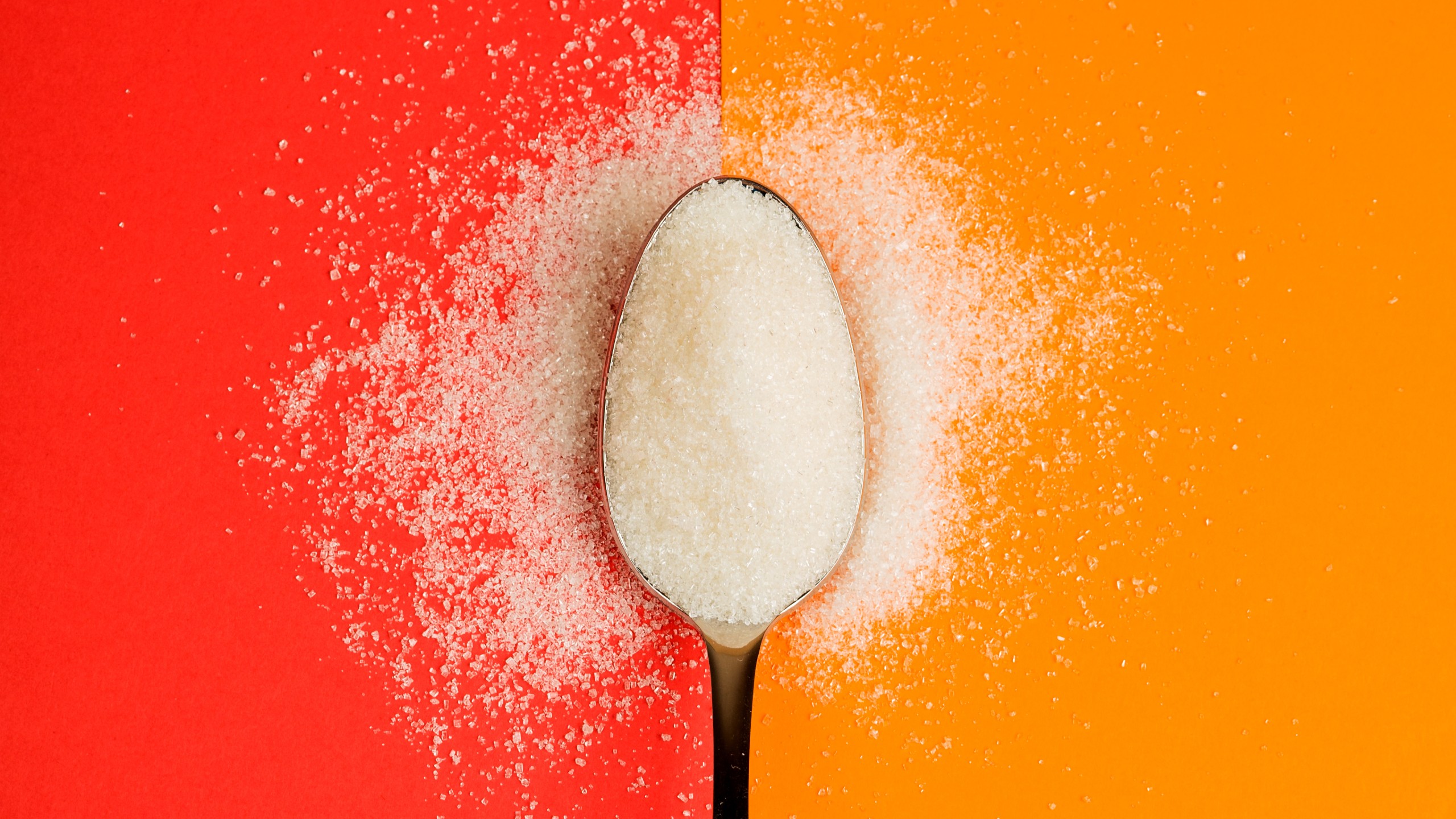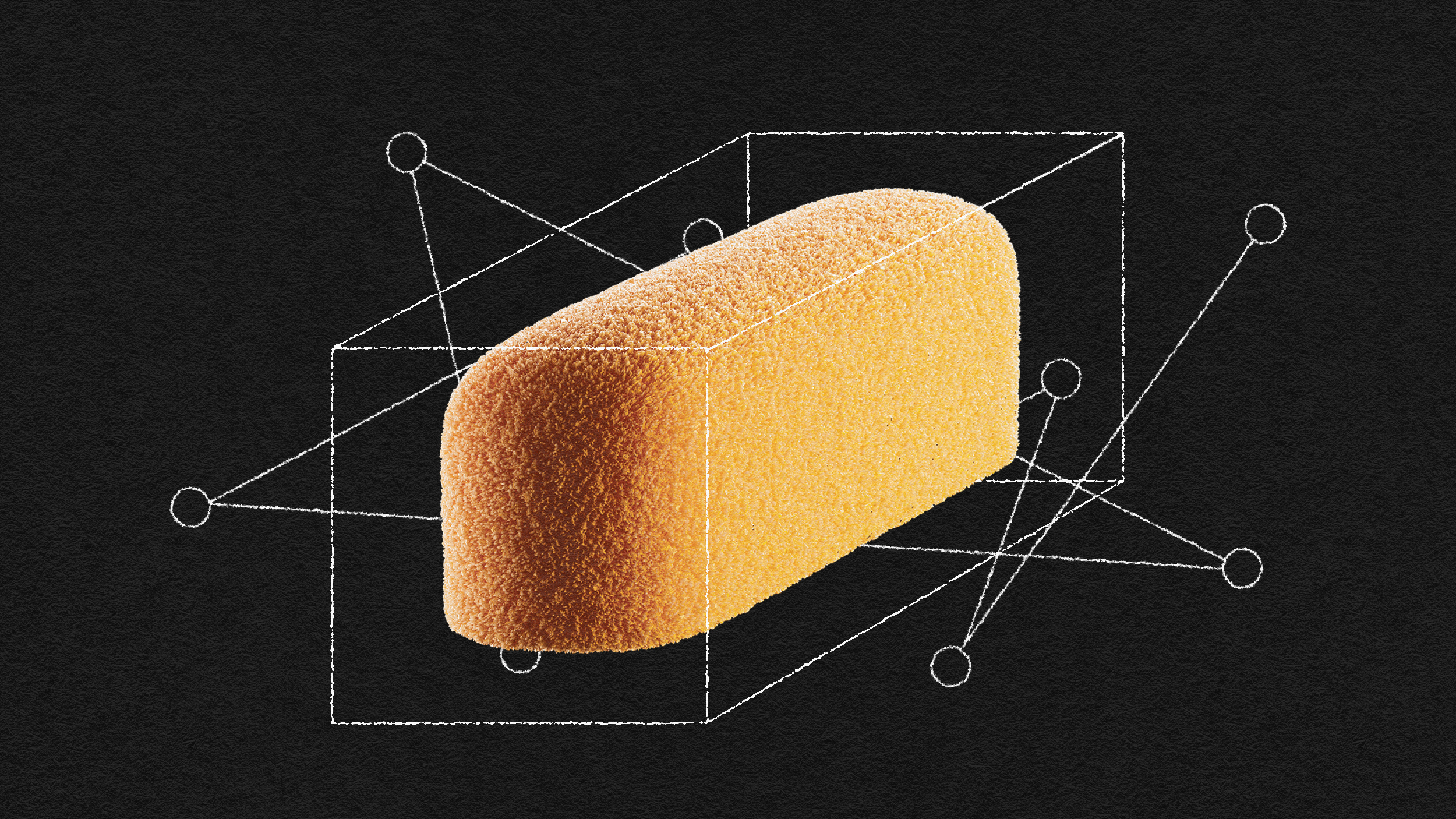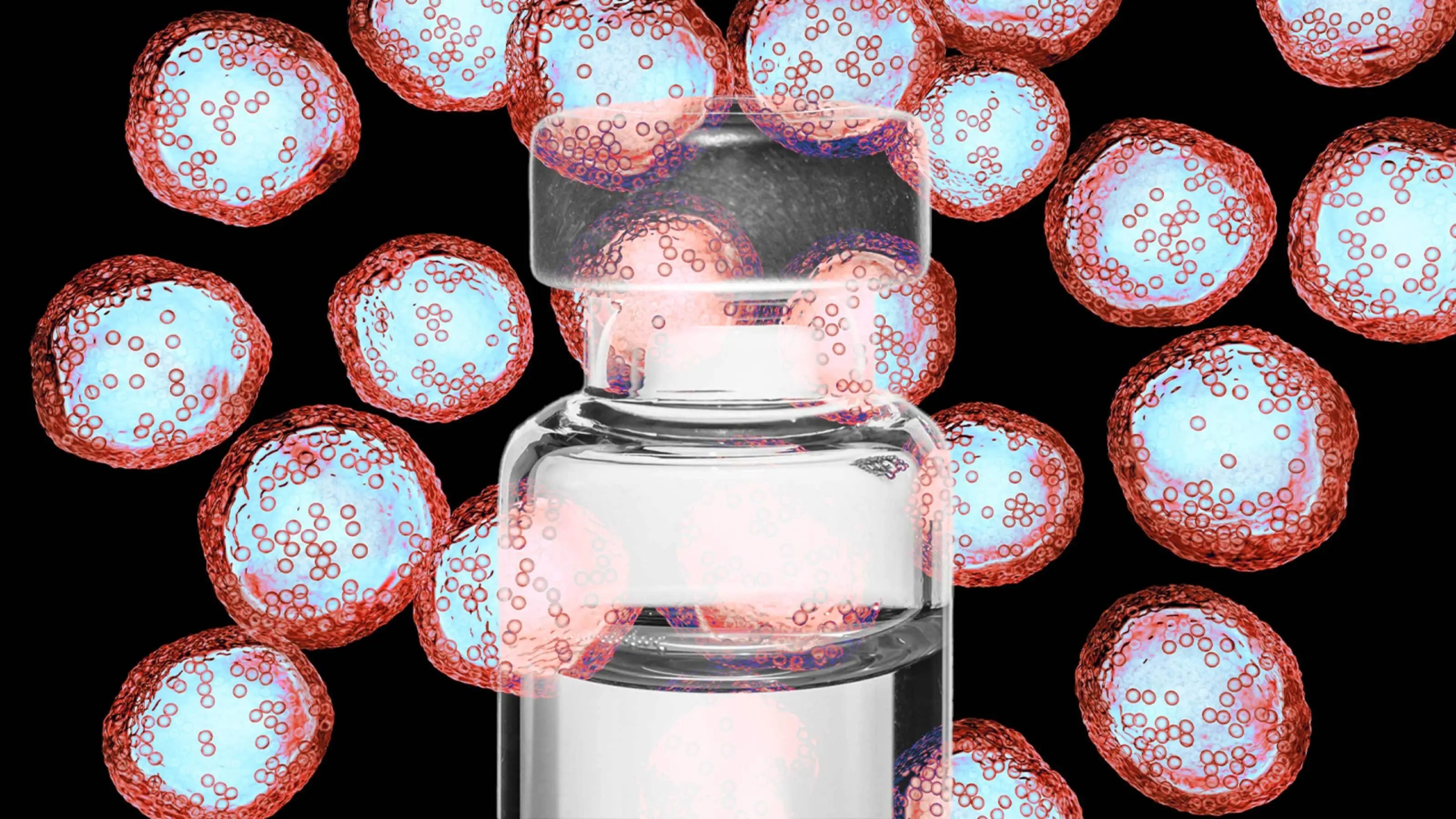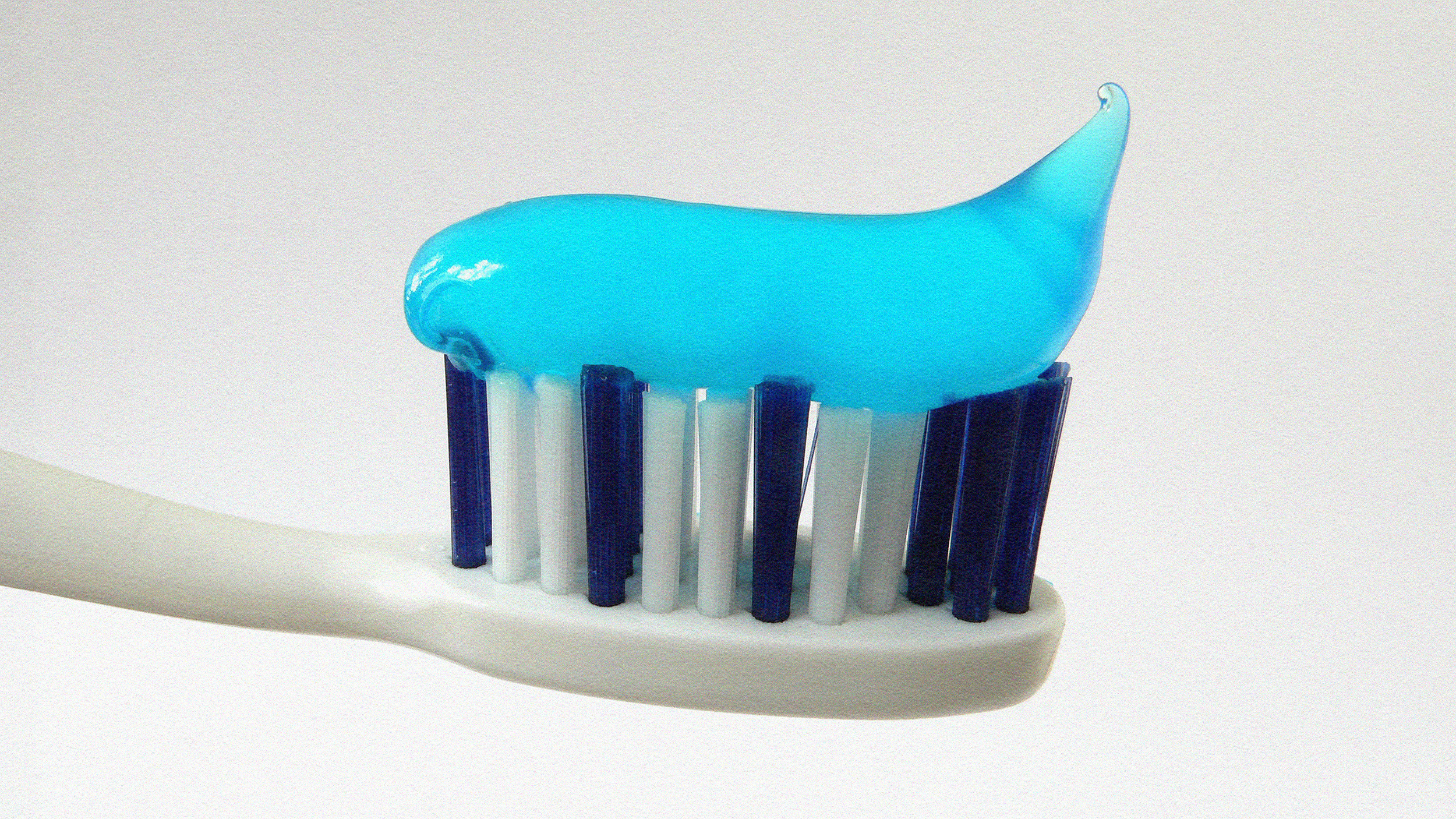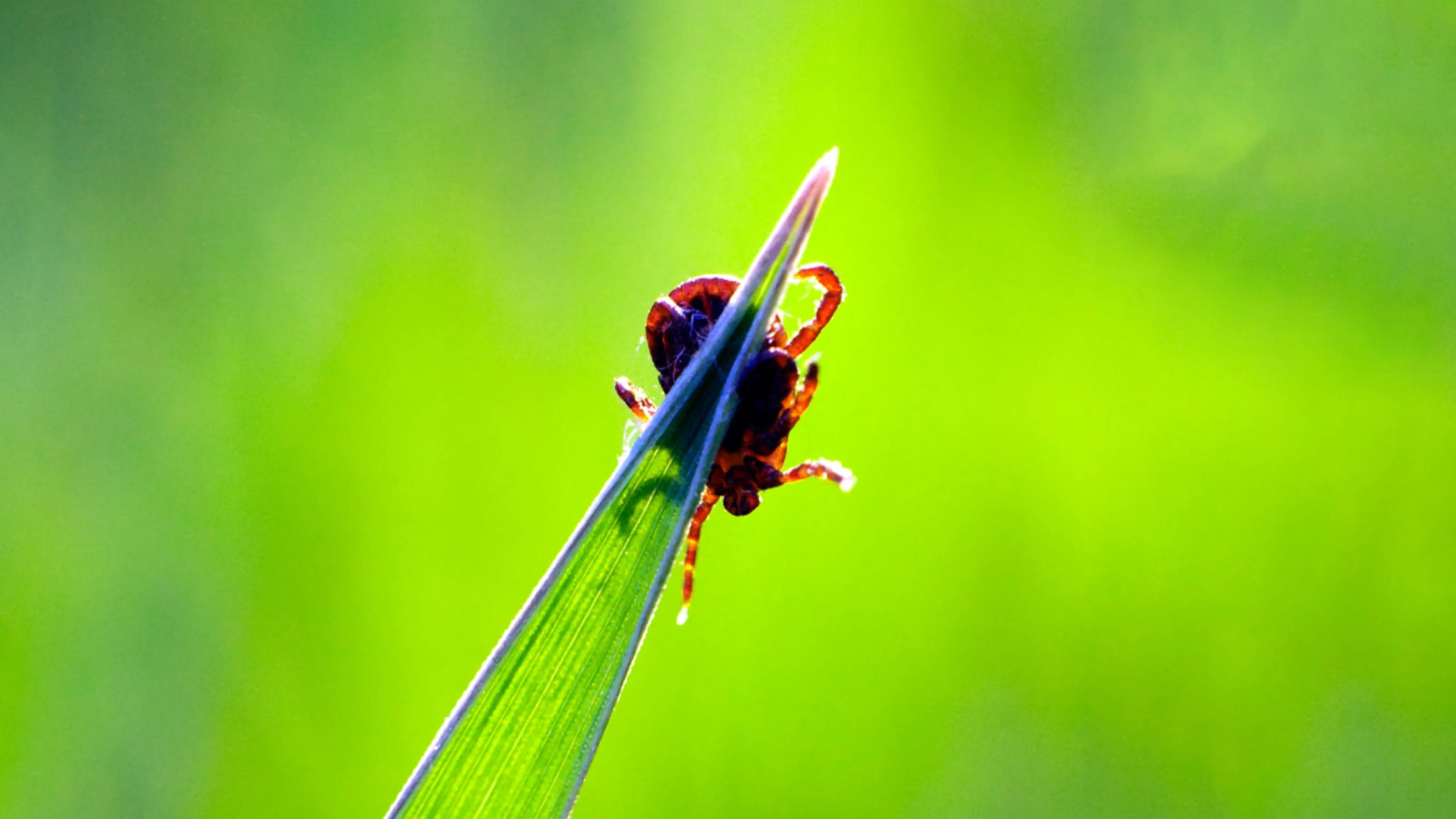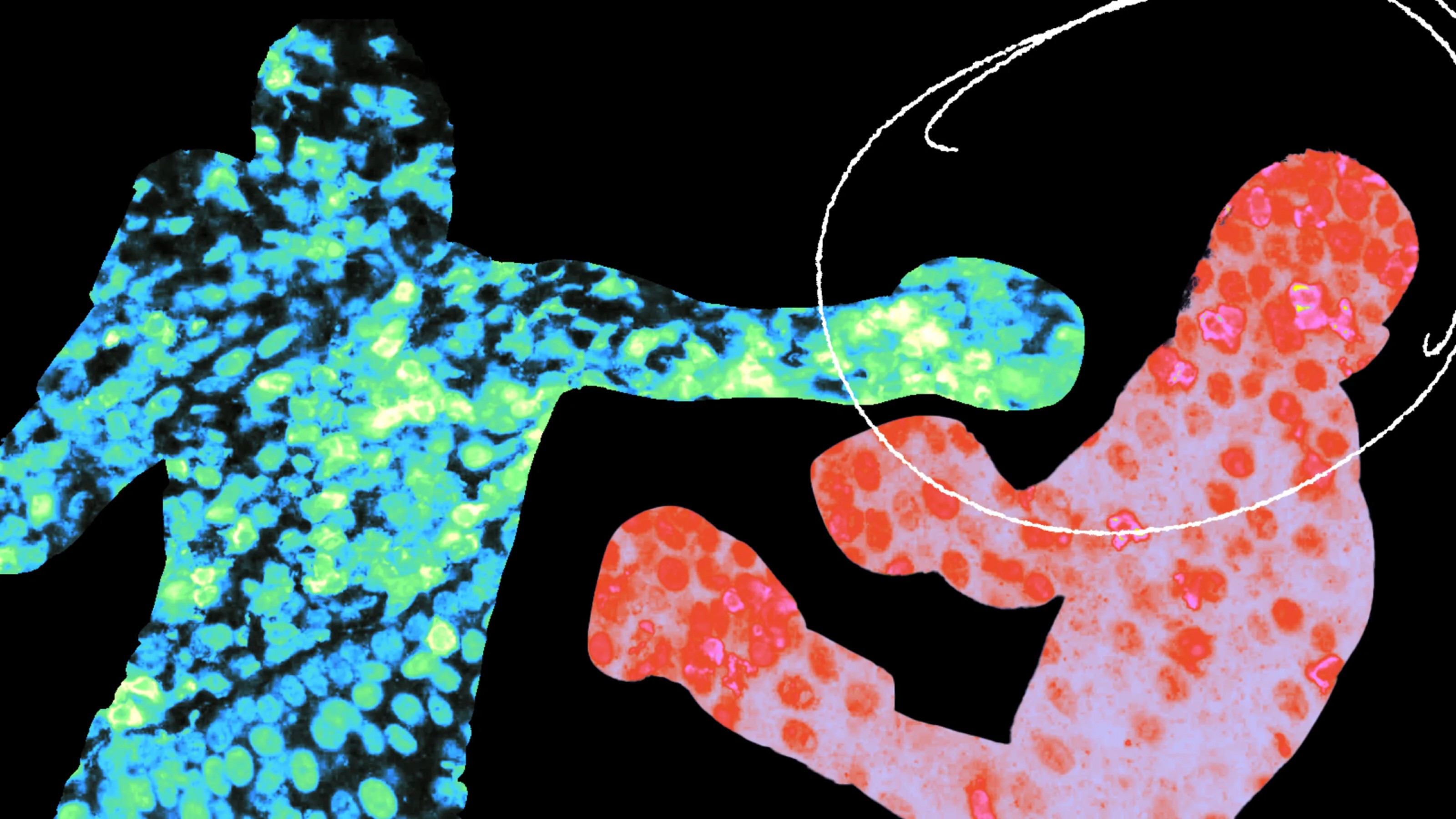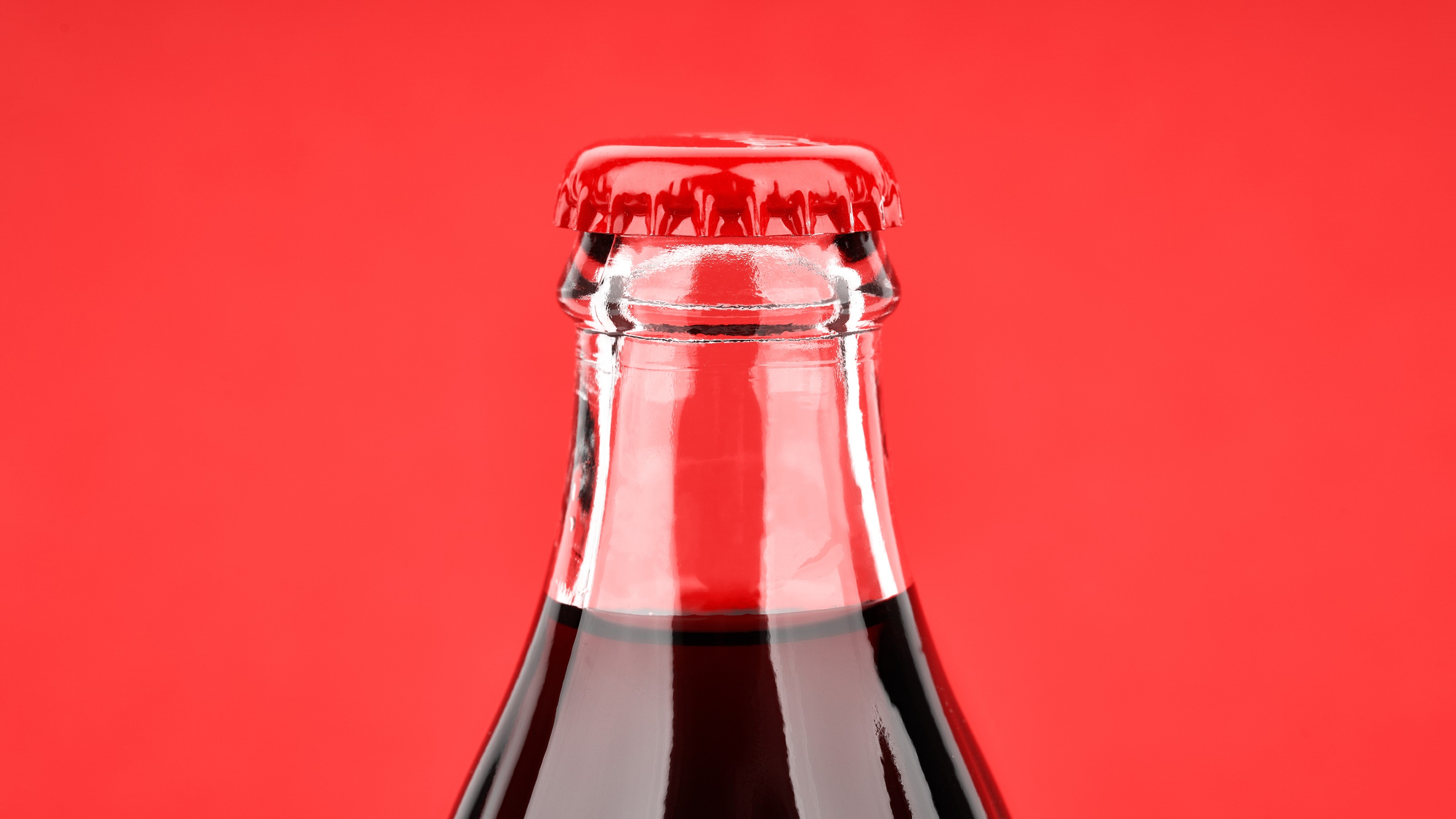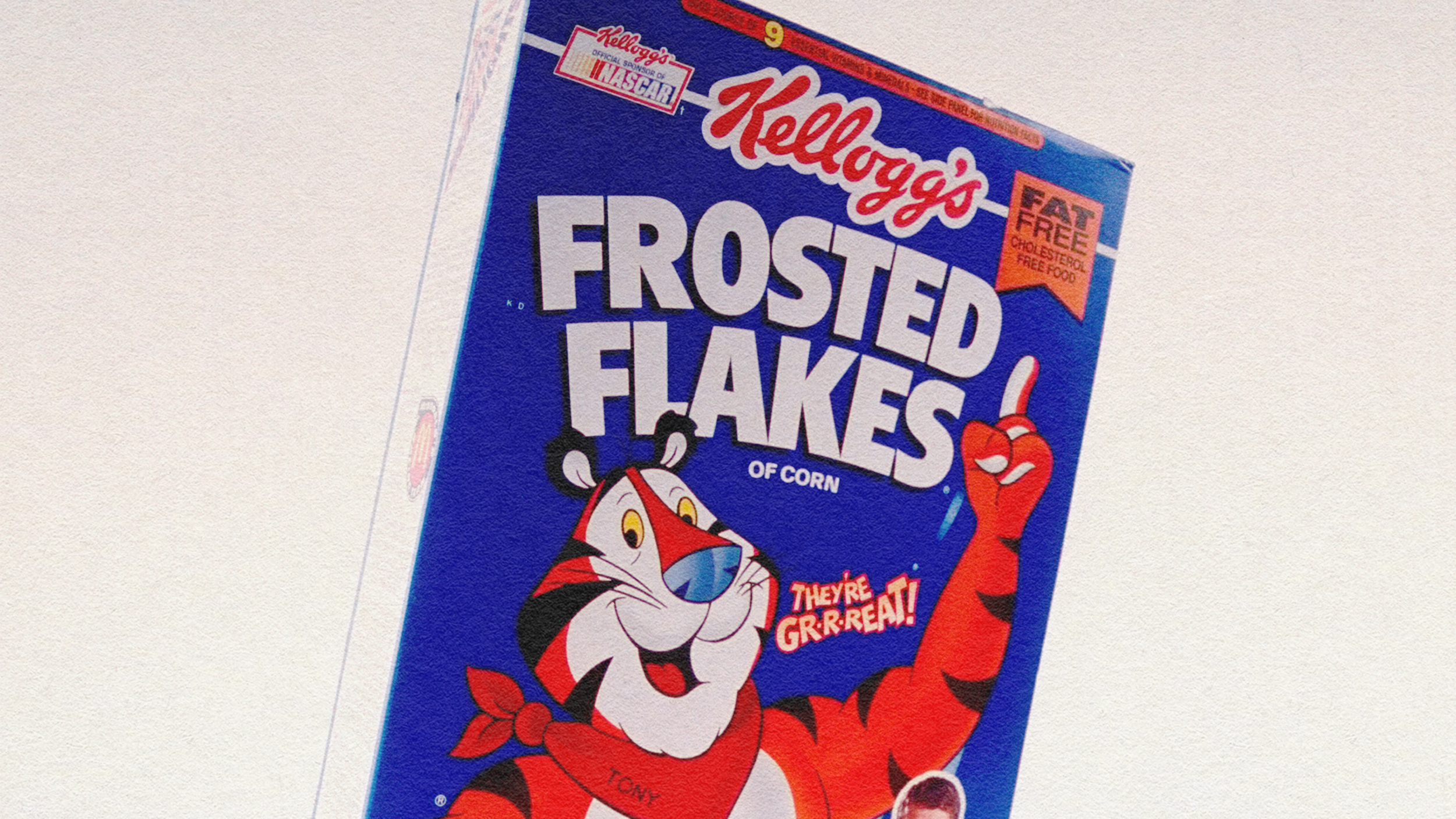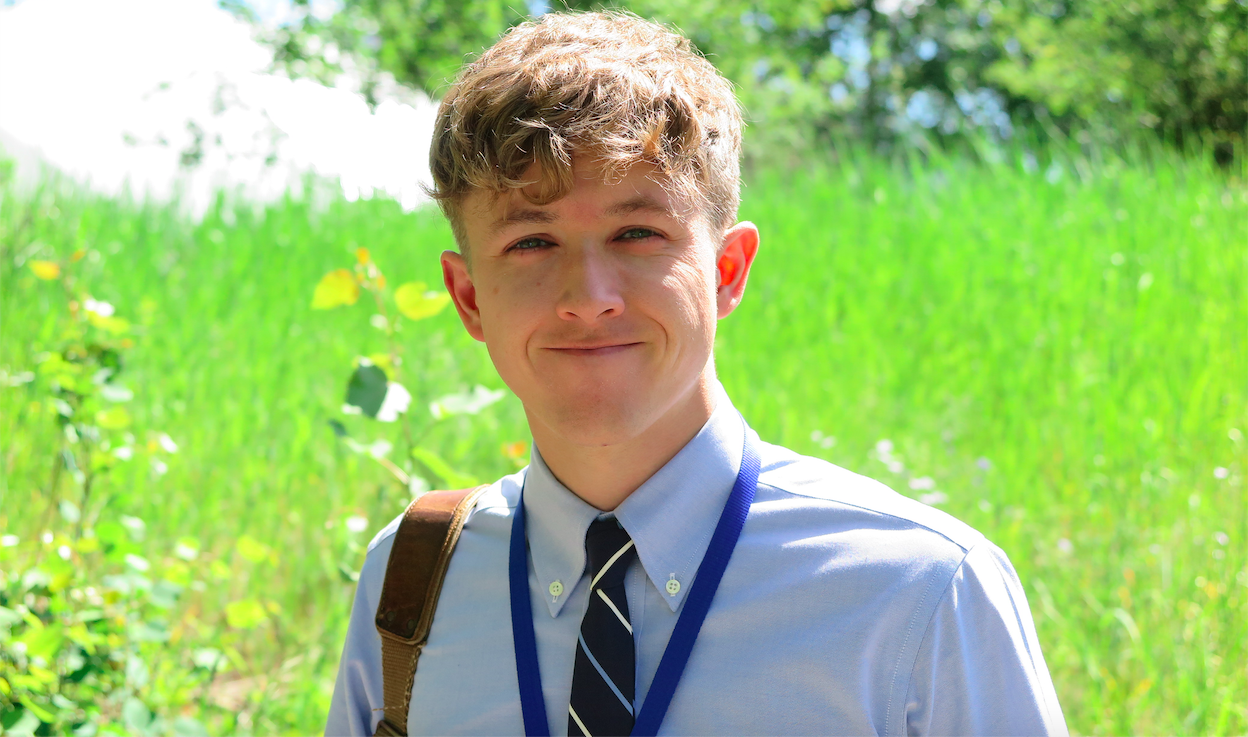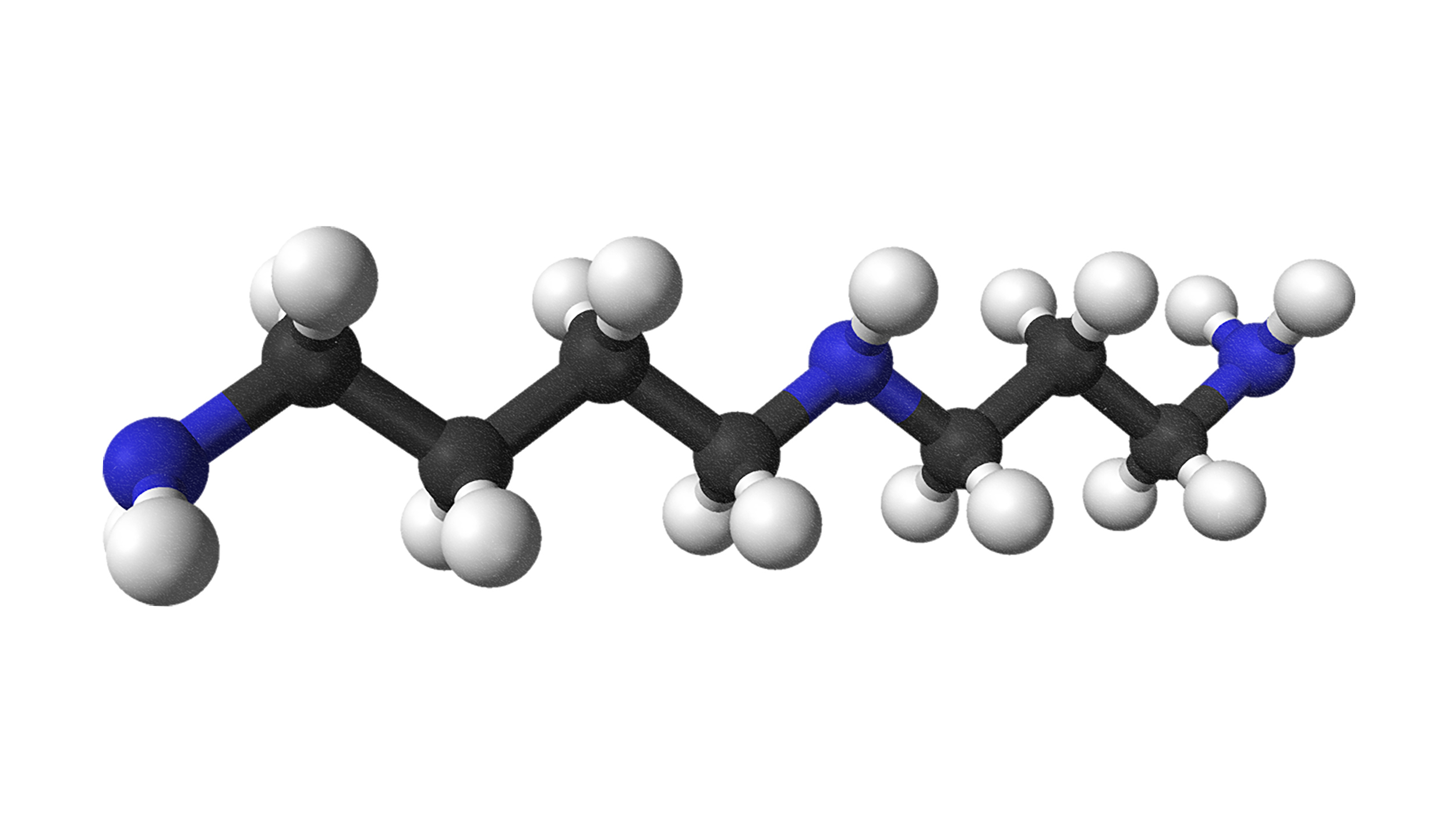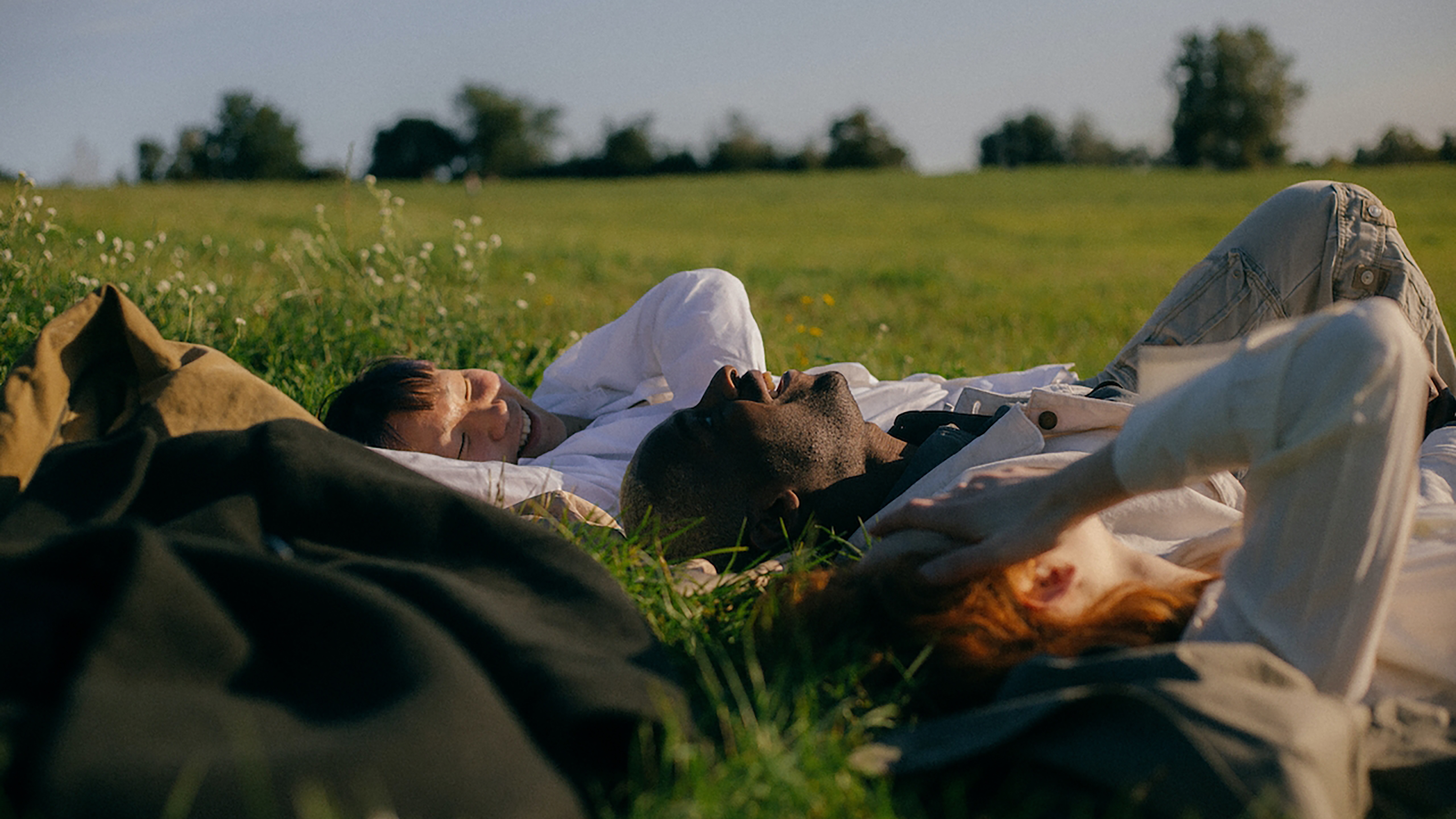wellness
A CDC survey suggests America’s obesity rate may be falling.
“The field is endless, but my life is limited, as are all of ours. But you do what you can with your time,” says CSO Mart Saarma.
“The promise of the Human Genome Project has finally arrived.”
To maintain momentum and flow, the great novelist Ernest Hemingway didn’t burn himself out — but learned when to put his work down.
“Having more stem cell activity is good for regeneration, but too much of a good thing over time can have less favorable consequences.”
Could exercise be more effective than recently approved drugs?
“Fasting…should not be demonized for simply suggesting that we take a break from eating once in a while.”
Cody Delistraty explores if laughter can help alleviate the physical symptoms of grief.
While GLP-1 agonists help people lose weight, different drugs could help them retain muscle at the same time.
Taco Thursdays and free yoga have their limits — for lasting workplace happiness leaders need to think about purpose.
A new family of drugs is changing the way scientists are thinking about obesity.
Cancers can’t develop without genetic mutations — or can they?
Poor research can be worse than no research at all.
In the murder trial of Dan White, the defense touched on diet as a cause for White’s actions. It has become known as the “Twinkie defense.”
You really can get by with a little help from your friends — if you also look beyond your personal to-do list.
Vaccines targeting some of our deadliest cancers are showing promise in early trials.
Claims circulating on the Internet — some from dentists’ websites — suggest toothpaste isn’t necessary for dental health. Is that true?
More than 90% of ticks that bit treated volunteers were dead within 24 hours.
Twin Health lets patients with diabetes see what’s happening inside their own body and can model each patient’s unique metabolism.
They call it “Judo T-cell therapy,” and it’s 100 times more potent than regular CAR-T cells.
If you eat a diet full of refined grains, high-sugar drinks, and sweets, there’s a good chance you have too much insulin.
Placebo treatments don’t always need to be given deceptively to have positive effects.
Between the hedonic and eudaimonic life, there’s a happy medium to be found.
With any occupation comes a risk of health and safety hazards. When it comes to being Santa Claus, the challenges are unique.
Some neuroscientists question whether the body can “keep score” of anything in a meaningful way.
“Less is better” is not a catchy marketing slogan, but one doctor who didn’t shower for five years thinks there’s a lot of truth to it.
Morning, afternoon, or night: When is the best time to exercise? Scientists have extensively studied this question. Here’s what they found.
A healthy lifestyle even protects those who are genetically predisposed to depression.

